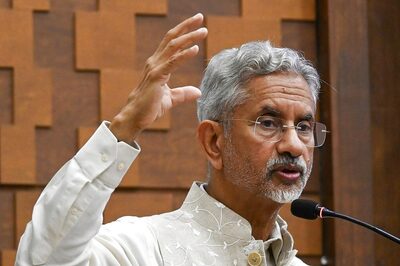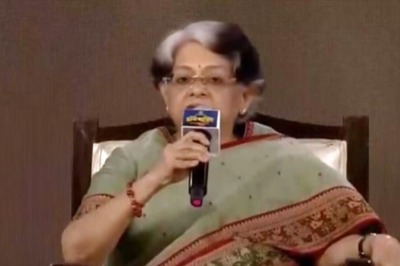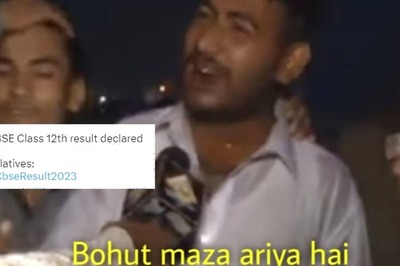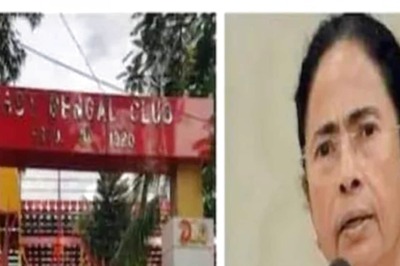
views
The Allahabad High Court has affirmed the death penalty awarded to a man who brutally killed his wife and four minor daughters and then tried to burn their bodies in 2010. Justice Ramesh Sinha and Rajeev Singh of the Lucknow bench held that the prosecution had successfully established the chain of circumstances leading to the pre-meditated murders, as it declined Rama Nand's appeal and plea to mitigate the sentence.
A sessions court in Lakhimpur Kheri had, on November 4, 2016, convicted Rama Nand alias Nand Lal Bharti and sentenced him to death for killing his wife Sangeeta and four minor children. Holding that there is no chance for reformation of the man, the bench said, Having gone through the facts and circumstances of this case, we find that there is ample evidence on record to establish that the man committed pre-planned and premeditated murder of his wife and minor innocent children. "Moreso, the man cut the body of the deceased and inflicted severe incised wounds on them. Thus, it is beyond doubt that the manner in which crime was committed by banka ( a sharp-edged weapon ) and thereafter the dead bodies were burnt by pouring kerosene oil, is brutal, cruel and gruesome.
The high court held that the prosecution successfully established the chain of circumstances "which are in themselves complete and the same are conclusive in nature and exclude all possible hypothesis except the fact that it was the convicted man alone who is guilty of the crime". The bench passed the judgment on Friday, accepting the reference of the trial court to confirm the capital sentence.
Sangeeta's brother Shambhu Raidas had lodged the FIR in the matter with police station Dhaurhara in Lakhimpur Kheri district on January 22, 2010. Opposing the plea of the convict, Government Advocate ( GA) Vimal Kumar Srivastava assisted by additional government advocate ( AGA) Chandra Shekhar Pandey had submitted that he confessed his guilt to two other prosecution witnesses and, subsequently, the weapon and blood stained clothes were recovered based on information provided by him.
It was also pleaded that the claim by the accused that some unknown miscreants had killed his wife and children was found to be false. After the informant reached the crime scene, the accused was was sitting near a fire in the courtyard, while the informant and his neighbour tried to extinguish the fire, the GA said. According to the prosecution, the accused had developed illicit relations with another woman of the village who had become pregnant, following which the convict wanted to get rid of his wife and daughters. The convict had sent his 10-year-old son to another place a week before the incident. He had in his mind that if his daughters are no more, he would not have to spend money on their education and marriages, they said.
Earlier, arguing for the convict, amicus curie Rajesh Kumar Dwivedi had pleaded that it was a case of circumstantial evidence and the prosecution failed to prove its case beyond doubt.
Read all the Latest News, Breaking News and Coronavirus News here.




















Comments
0 comment